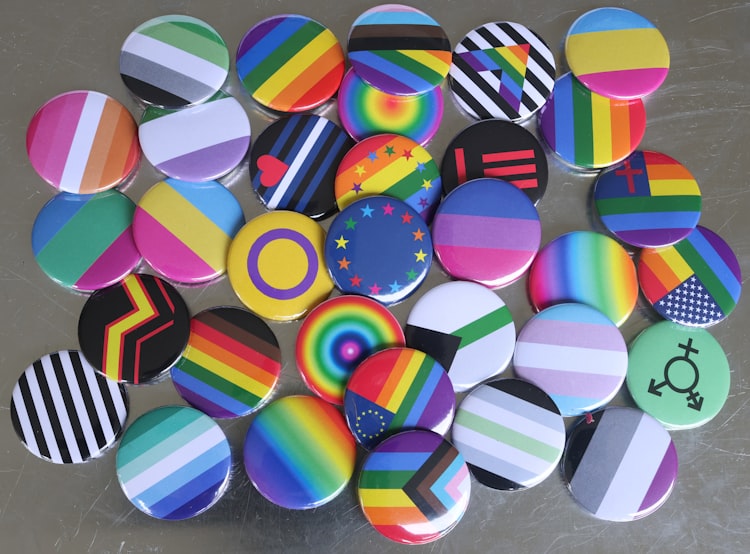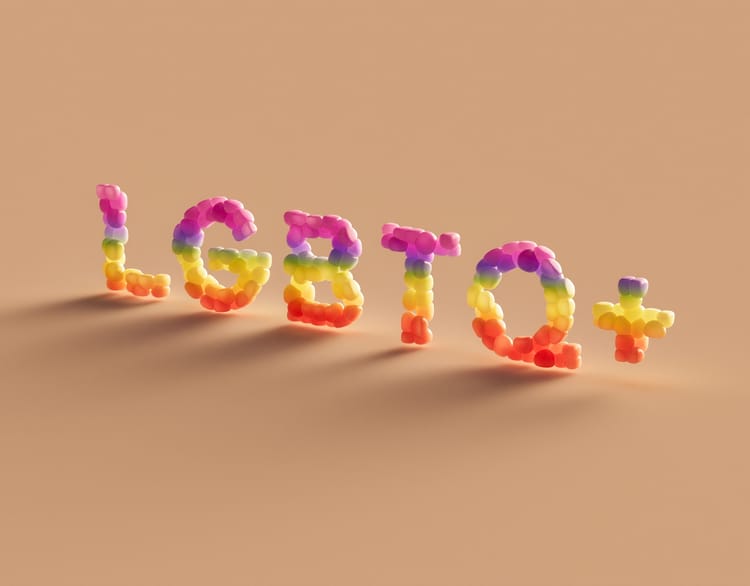Words That Hurt: What You Say Matters – LOP047

“Sticks and stones may break my bones, but names will never hurt me.”
The intention behind words matters.
How a word is used will affect the receiver in communication. Words can lift people up, but they can also hurt when they are intended to be prejudiced, demeaning, or hateful.
What about taking a word at face value?
Should all words be free to use, or are some restricted to a certain group? Should we just get over it if someone uses a word we find offensive? Words are just words some will argue – usually those who have never been harmed by words, or who have power or privilege in some form.
“No one can make you feel inferior without your consent.”Eleanor Roosevelt
‘How can you tell me that the word I'm using is not a word I can use?’, some will ask. A word on its own is isolated in meaning, definition, and power – it lacks content and intention. However, effective communication is based on having a context with the intention of meaningful exchange.
For example, the word “faggot” has meant many things including a bundle of sticks, a bunch of wrapped herbs used to flavour a soup stock, and a derogatory term to call a man presumed to be gay. (Source)
There is little doubt in the meaning of, “You're a fucking faggot!" The intention behind that expression can have powerful, triggering, and damaging consequences.
How we understand each other is word-driven plus other modalities like tone, body language, and memes.
“Memes are habits, skills, songs, stories, or any other kind of information that is copied from person to person. Memes, like genes, are replicators. That is, they are information that is copied with variation and selection. Because only some of the variants survive, memes (and hence human cultures) evolve. Memes are copied by imitation, teaching and other methods, and they compete for space in our memories and for the chance to be copied again. Large groups of memes that are copied and passed on together are called co-adapted meme complexes, or memeplexes.”Susan Blackmore
Here’s an example of a meme in the form or a popular song from the 80’s.
Due to the catchy guitar riffs and sing-along-lyrics, “Money For Nothing” by Dire Straights made it okay for heterosexuals (mostly men) to repeatedly sing (as if that was somehow less offensive) and thus condone the repeated use of the derogatory word, “faggot”.
"See the little faggot with the earring and the makeup. Yeah buddy that's his own hair. That little faggot got his own jet airplane. That little faggot he's a millionaire.” Dire Straights
Had Dire Straights written the same lyrics about a Black Man and used the “N-word”, the song would never have received air-play, let alone get published.
How words create violence.
Have you ever heard a straight man say, “That guy is such a cocksucker”? His intention is meant to be an insult. He may not be indicating the other person is gay, but the phrase – the meme – is derogatory. It’s meant to indicate a lack of power, and a lack of status quo masculinity, to the point that the other man is being equated with a sissy, forced onto his knees in a subservient position to suck – most likely – another straight man’s cock.
Now why is it that women don’t demean other women by saying, “That bitch is such a carpet muncher”, or similar. Perhaps they do, but it’s certainly not a normative expression I’ve ever heard. This example of language use shows how our choice of words matter, for what our words intend to communicate, and what our word choices say about us and how we view the world.
Words used to reinforce hate can result in murder.
Matthew Shepard might be alive today if the men who killed him could have had an open dialogue about the words they used, the stories they heard, the memes they repeated, and how left unchecked, can lead to horrific violence. I’m sure there were many more issues going on in the lives of the two 21-year old men who brutally assaulted Shepard and left him for dead. But when we allow people to believe that words don’t matter, or that words don’t hurt, this is what can happen:
“Police say Shepard was beaten with the butt of a .357 Magnum pistol as they drove to a remote bluff east of town, where they tied Shepard to a buck fence and, as he pleaded for his life, bludgeoned him, stole his wallet and black patent-leather shoes and left him for dead. Some 18 hours later, UW freshman Aaron Kreifels took a spill on his mountain bike outside of town. Standing up, he saw what he thought was a scarecrow hanging on a fence — until he noticed the human hair. “I realized, ‘Oh, my God, it’s a person!’ ” recalls Kreifels. Hospitalized in Fort Collins, Colorado, Shepard died five days later from his head injuries.”Source
Think before you speak
We need to consider the impact of our word choices, and to be open to listen when others tell us that our words hurt or offend. It isn’t always a matter of right and wrong – sometimes there is misunderstanding in communication. Other times there is a clear intention to hurt. Given that language is how we communicate, we can chose division or we can chose harmony.
Living OUT theme music: “Summer” by Bensound.com ~ Cover photo by Thomas Hawk.





Member discussion